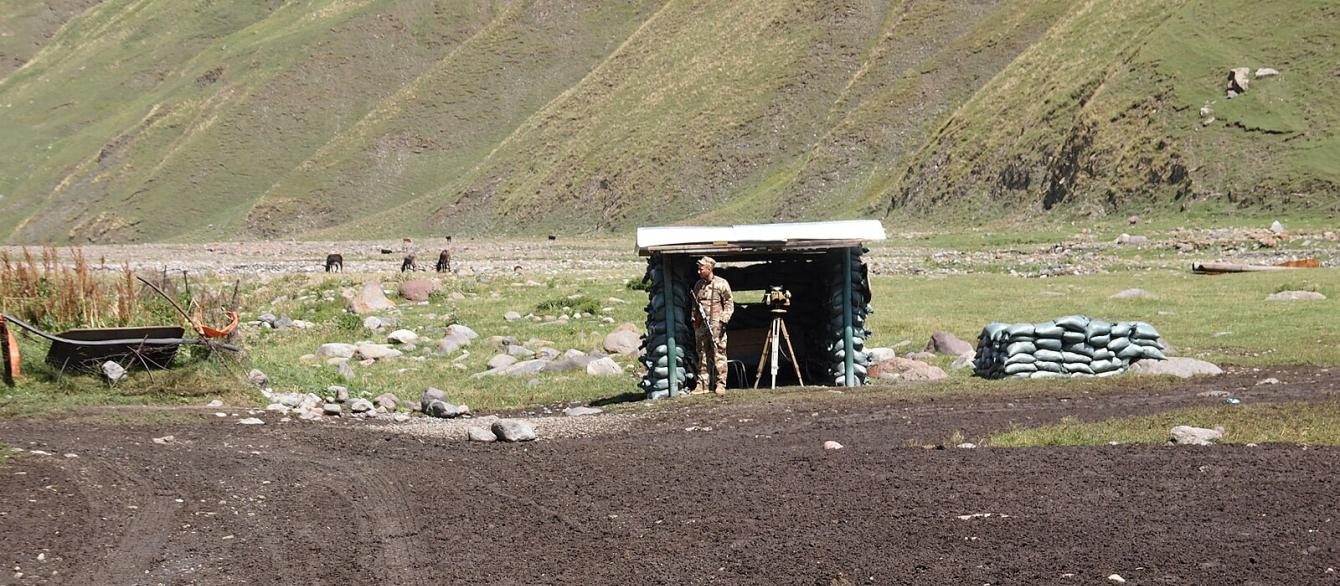Following the 2008 invasion, Russia occupied 20% of Georgia's territory, marking a significant geopolitical shift in the region. This occupation extended beyond the initial invasion, with Russia employing the tactics of borderization and creeping occupation to gradually expand its control over Georgian territories. Through the construction of barriers, implementation of surveillance, and the incremental extension of territorial control, Russia aims to solidify its influence while minimizing the risk of direct military conflict. These strategies also serve to deter Georgia from integrating with Western institutions and disrupt key economic infrastructures. The process of borderization profoundly impacts local communities, restricting movement, causing economic dislocation, and leading to psychological trauma among affected populations. Moreover, Russia leverages this strategy as a form of hybrid warfare, exerting socio-political control to undermine Georgian sovereignty and its aspirations towards Western integration.
Sponsorship
The Program on Georgian Studies is an activity of the Davis Center for Russian and Eurasian Studies at Harvard University and is made possible by a sponsored research award from the Ministry of Education and Science of Georgia.
Accessibility
The Davis Center for Russian and Eurasian Studies at Harvard University encourages persons with disabilities to participate in its programs and activities. If you anticipate needing any type of accommodation or have questions about the physical access provided, please contact us at 617-495-4037 or daviscenter@fas.harvard.edu in advance of your participation or visit. Requests for Sign Language interpreters and/or CART providers should be made at least two weeks in advance if possible. Please note that the Davis Center will make every effort to secure services but that services are subject to availability.




